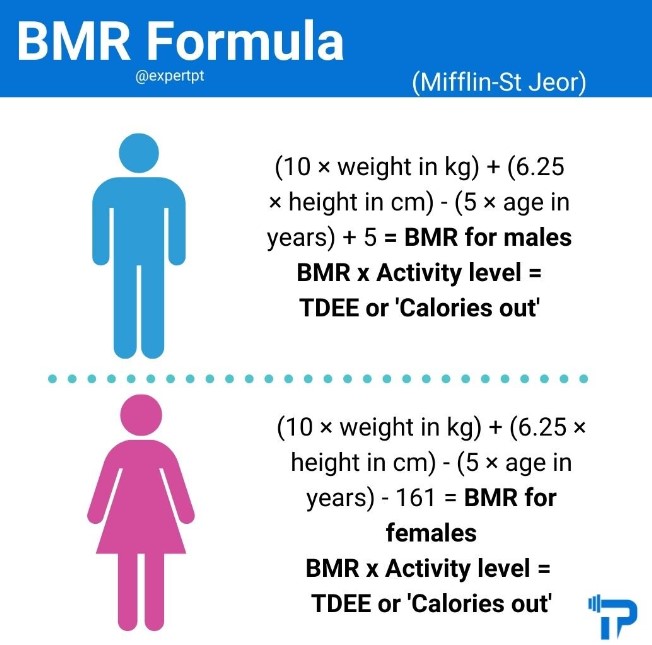BOURSESSENEGAL – In today’s health-conscious world, knowing how to use a calorie calculator effectively can transform your approach to nutrition and fitness. A calorie calculator helps you understand how many calories you need each day based on your age, weight, height, gender, and activity level. This tool can guide you in reaching your weight management goals, whether you’re looking to lose, gain, or maintain weight. Let’s dive deep into the benefits, functionalities, and various types of calorie calculators available today.
What is a Calorie Calculator?
A calorie calculator is a simple online tool designed to estimate the number of calories you should consume daily. It takes into account various factors such as your basal metabolic rate (BMR) and your total daily energy expenditure (TDEE). Your BMR reflects the calories your body needs to function at rest, while TDEE includes calories burned during activities.
How Does a Calorie Calculator Work?
Using a calorie calculator is straightforward. You enter details like your:
- Age
- Weight
- Height
- Gender
- Activity Level
Once you input this information, the calculator uses established formulas, like the Mifflin-St Jeor equation, to provide an estimate of your daily caloric needs.
Why Use a Calorie Calculator?
Using a calorie calculator offers numerous benefits. Here’s a look at some key advantages:
- Personalized Nutrition Plans: Tailor your dietary intake to meet your specific goals.
- Weight Management: Determine the right caloric intake for weight loss or gain.
- Awareness: Gain a better understanding of how various foods fit into your daily intake.
Types of Calorie Calculators
Calorie calculators vary widely, catering to different needs. Let’s explore some of the most popular types:
1. Basic Calorie Calculator
This type provides a simple estimate of your daily caloric needs without additional features. It’s ideal for those who want quick insights without complications.
2. Macronutrient Calculator
In addition to calories, this calculator helps you determine the right balance of macronutrients—proteins, fats, and carbohydrates. Knowing these ratios can optimize your dietary choices for specific goals.
3. Activity Level-Based Calculator
These calculators factor in your daily activity level more intricately. They often provide multiple activity levels, from sedentary to very active, ensuring a more tailored caloric estimate.
4. Diet-Specific Calculators
Some calculators cater to specific diets like keto, paleo, or vegan. They help align your caloric intake with the unique needs of these dietary approaches.
Using a Calorie Calculator Effectively
Once you choose a calorie calculator, here are tips for making the most of it:
Be Accurate with Your Data
Entering precise information ensures you receive a more accurate caloric estimate. If you’re unsure about your activity level, consider keeping a daily log for a week.
Monitor Progress Regularly
As you use a calorie calculator over time, keep track of your weight and overall wellness. Adjust your caloric intake based on your progress to ensure you remain on track.
Combine with Other Tools
Consider pairing your calorie calculator with food tracking apps. This combination helps you maintain a comprehensive view of your dietary intake.
Common Misconceptions About Calorie Calculators
Despite their usefulness, some myths surround calorie calculators. Let’s clarify a few:
Myth 1: They Are Always Accurate
While calorie calculators offer good estimates, individual metabolic rates vary. Factors like genetics and health conditions can influence your caloric needs.
Myth 2: They Guarantee Weight Loss
Simply calculating calories won’t ensure weight loss. Sustainable changes in diet and lifestyle play crucial roles. A calorie deficit is essential, but it must come from healthy, nutrient-rich foods.
Myth 3: One Size Fits All
No single calculator works for everyone. Individual goals, preferences, and lifestyles matter. Explore various tools to find what best suits your needs.
Tips for Success with Calorie Calculators
1. Set Realistic Goals
Focus on achievable changes rather than drastic alterations. Gradual adjustments are more sustainable and healthier.
2. Educate Yourself on Food Choices
Learn about the nutritional content of foods. This knowledge helps you make informed choices when planning your meals.
3. Stay Flexible
Adapt your calorie intake as your lifestyle changes. For example, if you start a new workout program, you may need to adjust your caloric needs.
4. Seek Professional Guidance
If you’re unsure how to proceed, consider consulting a nutritionist or dietitian. They can offer personalized advice based on your specific situation.
Conclusion
Using a calorie calculator is a powerful step toward achieving your health and wellness goals. By understanding how many calories your body needs, you can make informed decisions about your nutrition and lifestyle. Whether you aim to lose weight, gain muscle, or maintain your current status, a calorie calculator can serve as a valuable tool in your journey. Start today, and take control of your health with confidence!
REFERENCE : https://www.health.com/



